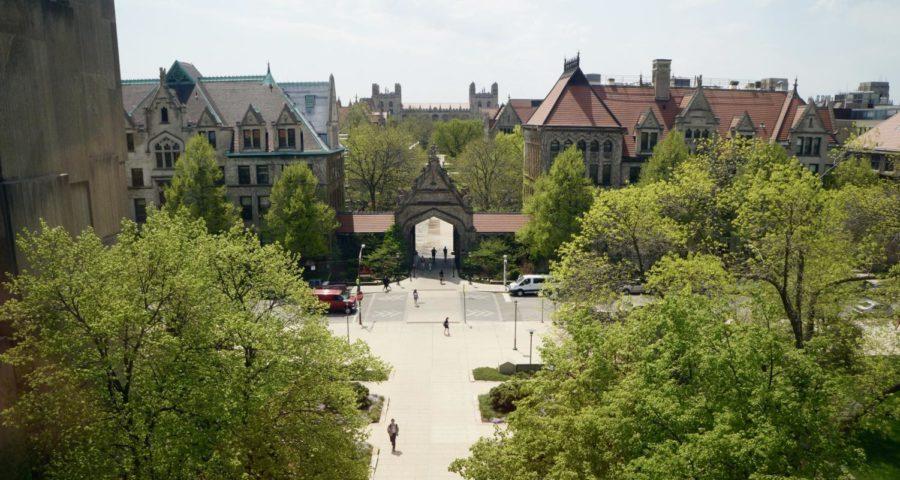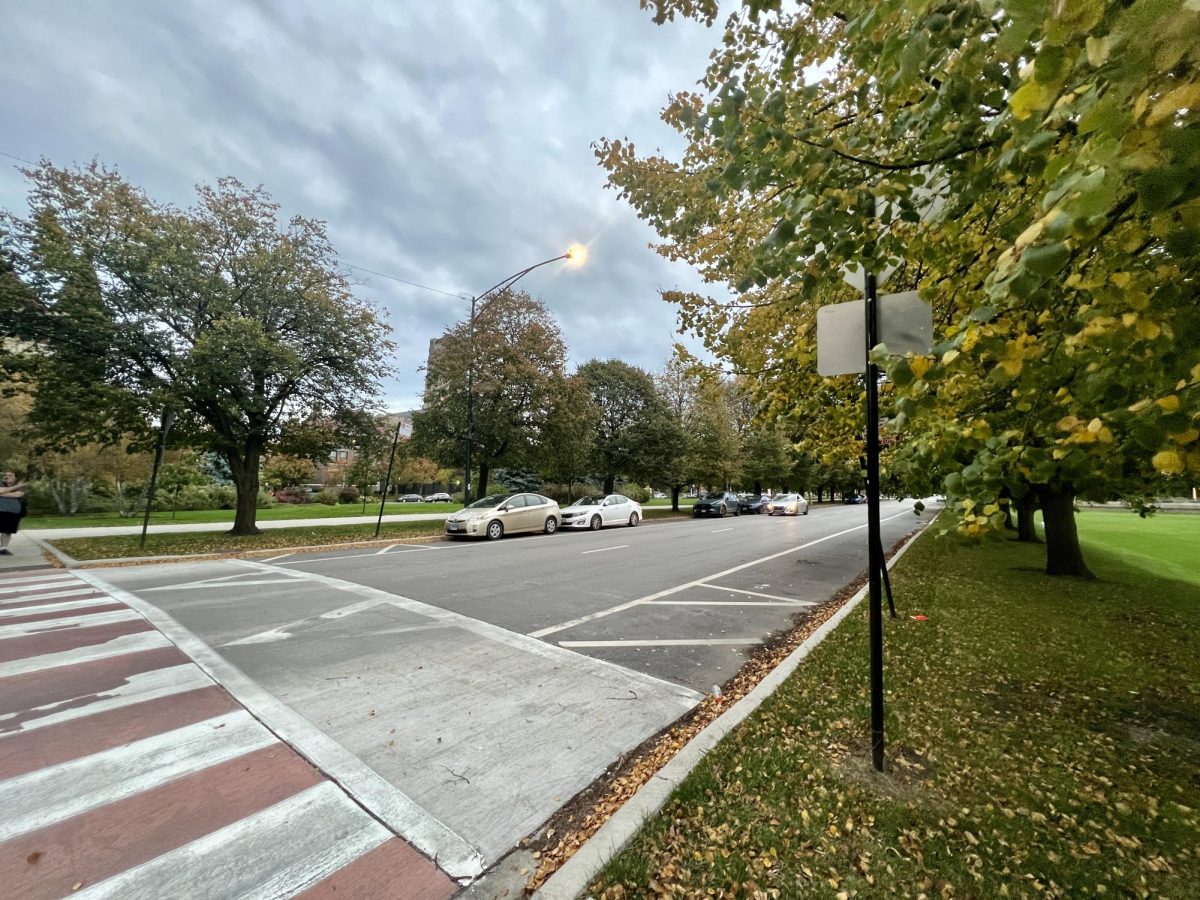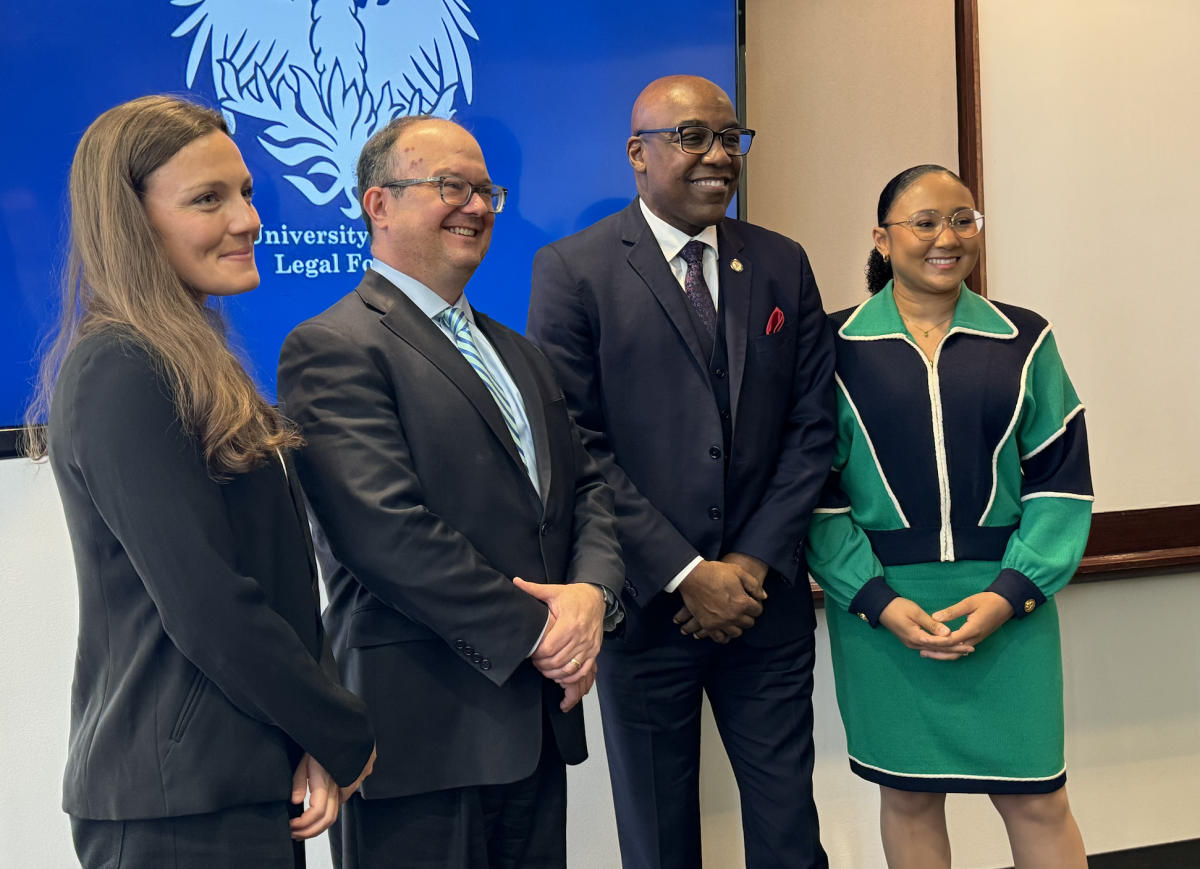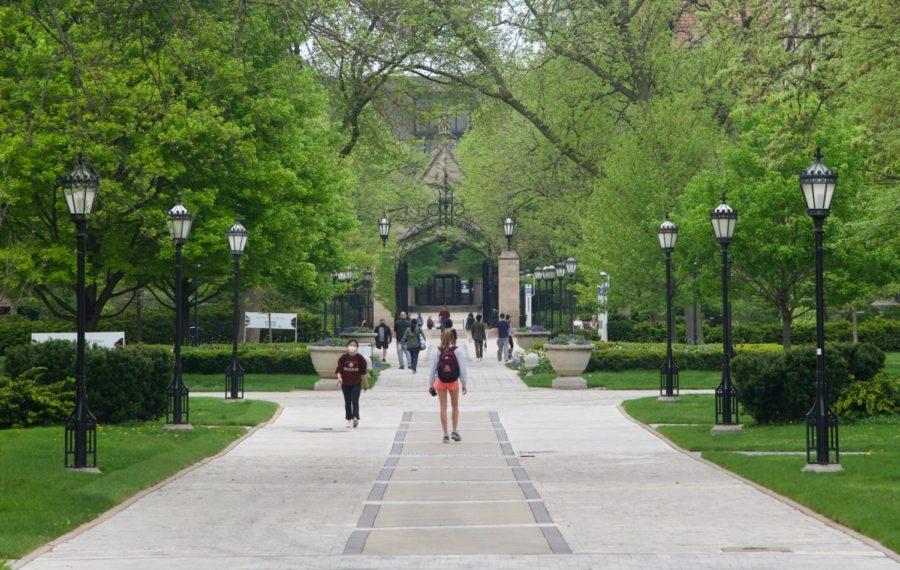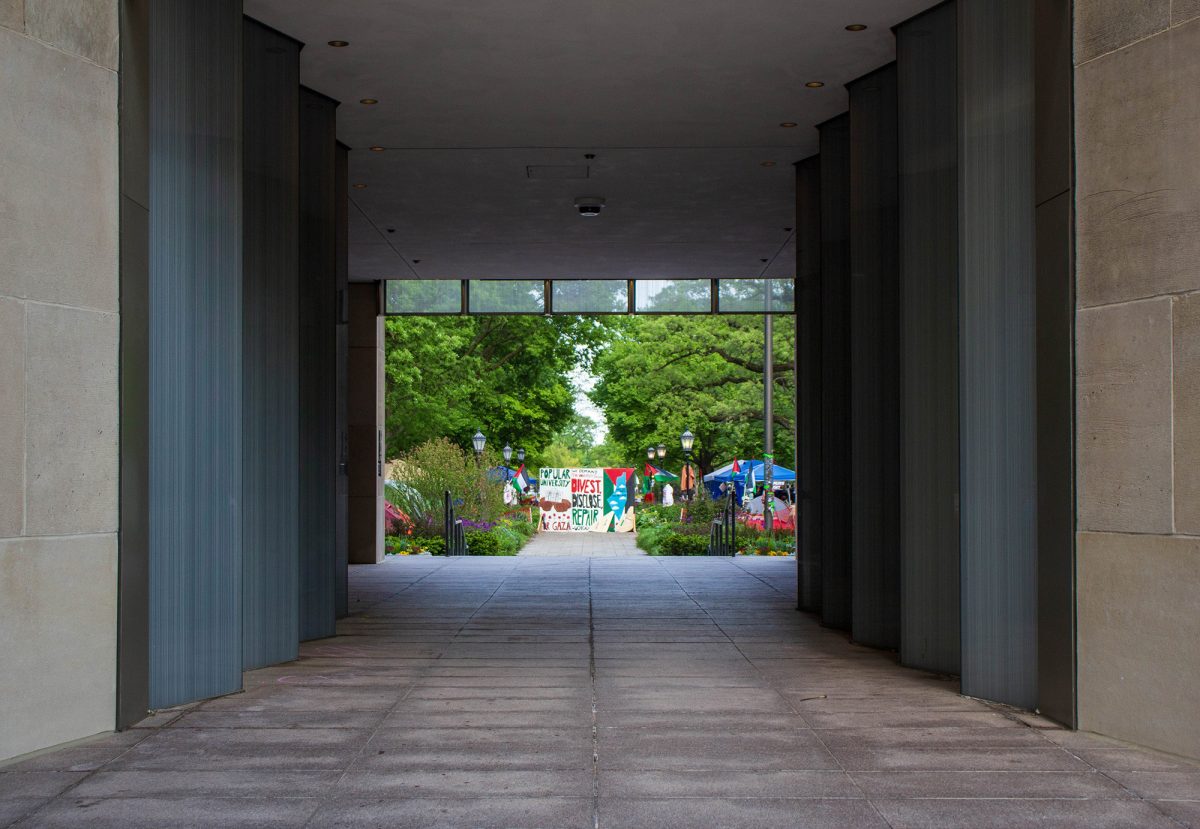Last week, UChicago Without Borders, a campus immigration activist group, sent a petition with almost 1,000 signatures to University administration demanding concrete action to protect undocumented community members and to cut all ties with Immigration and Customs Enforcement (ICE).
The renewed calls for UChicago to declare itself a sanctuary campus come after what one organizer, Joanna Zhang, a third-year in the College, said was a lackluster University response to the Trump administration’s recently rescinded rule requiring international students to take classes in person to maintain U.S. residency.
UChicago joined an amicus brief after a lawsuit was filed by Harvard University and Massachusetts Institute of Technology against the order, but organizers in UChicago Without Borders said the University should have taken a more direct approach, such as by joining in the lawsuit. Zhang cited the amicus brief as an example of what organizers see as a pattern of UChicago taking impartial, passive actions on potentially political issues regarding students.
“We do not want to be impartial because human rights are not something to be impartial on,”
Zhang told The Maroon. “Either you stand for [the belief that] people should be treated like people or you think people shouldn’t be treated like people, there’s no amicus brief to be filed there.”
Mari Mirasol, a third-year organizer in the College, said that the University deciding to declare itself a sanctuary campus is more than just a title. For Mirasol, affirming a sanctuary campus status means designating UChicago as “an institution which is proactive and committed to keeping all of its community members safe, regardless of immigration status.” According to the group’s social media, it “publicly challenges discriminatory actions through its platform and resources.”
The group is hoping to broaden protections not solely for students, but also for workers, faculty members, and campus community members.
“The whole concept of this is that as a sanctuary campus you make it through its policies. And if there aren’t any policies that are explicitly there for the public to access, then you’re not creating a safe space for people if they don’t know that they have the resources,” Mirasol told The Maroon.
Campus activists, faculty, and Student Government pushed for the sanctuary campus designation back in 2016 after President Donald Trump’s election signaled a change in national immigration policy with threats to repeal President Barack Obama’s Deferred Action for Childhood Arrivals (DACA) executive action.
In response to the recent student campaign, Gerald McSwiggan, spokesperson for the University, pointed to the University’s annual fall quarter “Know Your Rights” workshop with a representative from the National Immigrant Justice Center, emergency financial assistance, a website for undocumented students, and counseling sessions like the Butterfly Support Group, run by the Center for Identity and Inclusion. However, McSwiggan stated the University welcomes more input from community members.
“The input of undocumented members of the University community and their advocates has been critical in the development of University resources, and we welcome continued input and engagement,” McSwiggan said.
UChicago Without Borders sent their petition to the University’s top administration at the end of July and, as of the publishing of this article, have yet to receive any response to their request for a meeting discussing these policies. For now, the group commends students, especially those undocumented or with DACA status, for speaking on behalf of these issues and intends to continue raising awareness for their cause on social media while engaging in talks with campus stakeholders, specifically Student Government.


